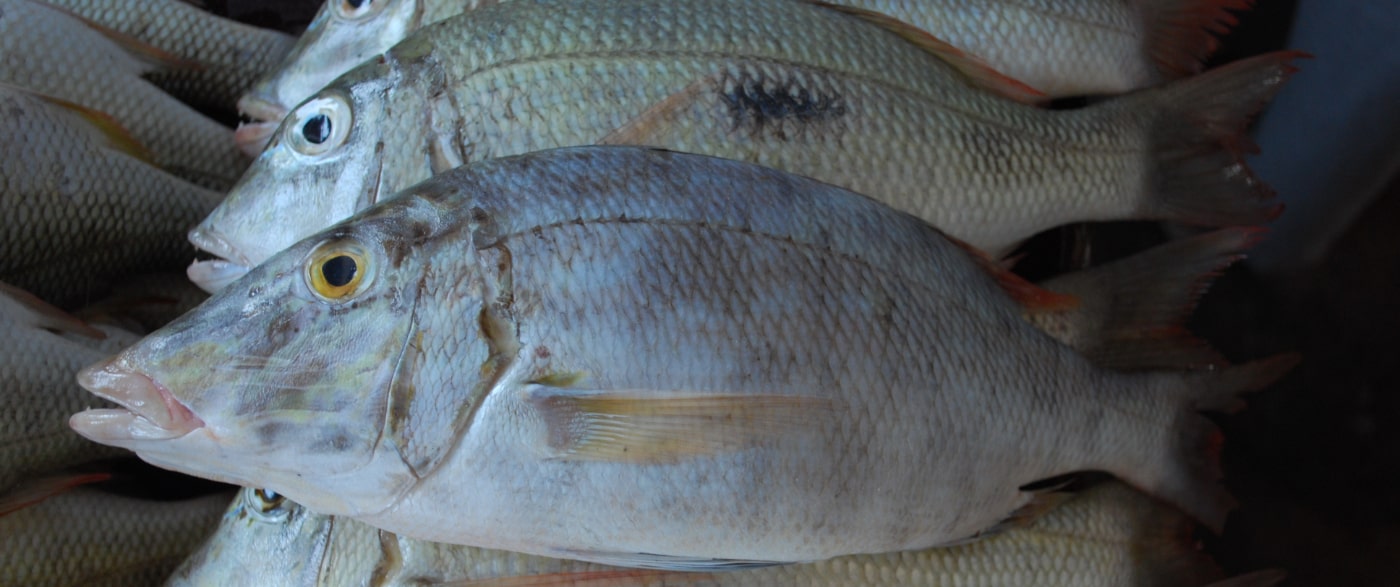New Genetic Methods Support Sustainable Fisheries Management

Researchers
Professor Paul Shaw
Dr Niall McKeown
The Overview
Demand for seafood and advances in technology have led to fishing practices that are depleting fish and shellfish populations around the world. Conserving biodiversity and protecting threatened populations and species through sustainable fishing practices is critical.
Advances in DNA techniques have enabled Aberystwyth University (AU) researchers to produce genetic definitions of fished stocks and provide the scientific evidence required to improve accuracy and sustainability in the management of exploited wild populations.
Fishery managers, governments and NGOs have been empowered through knowledge transfer to implement critical changes to policy and guidelines, resulting in improved fishing practices and a greater understanding of the power of precise genetic information. This has had positive economic benefits to fishing communities and aided conservation of marine biodiversity, securing the future of multiple fish and shellfish species globally.
The Research
Fishery management relies on accurate data-based definitions of fished stocks. Genetic methods of stock description are more accurate, and more biologically meaningful than historical, or geo-political delimitations of fished populations.
Led by Professor Paul Shaw and Dr Niall McKeown, and collaborating with fishery managers, government agencies and NGOs, the AU research group developed genetic approaches to improve stock definitions and management, and to provide DNA markers for testing the provenance of fishery products to help police fishery regulations. Stock definitions and advice were provided for finfish, shellfish and cephalopod fisheries in the Western Indian Ocean, NE Atlantic (including UK), North America, Chile, Brazil, South Africa and Angola.
Three relationships are provided as examples of impact resulting from this body of work: with the Indian Ocean Tuna Commission (IOTC) and International Commission for the Conservation of Atlantic Tunas (ICCAT) on yellowfin tuna; with fisheries managers in regional government in the Falkland Islands and Wales; and with artisanal fisheries managers in the Western Indian Ocean.
The Impact
Impact on International Guidelines and Policy
Impact on Practice and Policy
Impact on Practitioners
Impact on the Economy and Bio-Diversity

Get in touch
As a University, we’re always keen to share our knowledge and expertise more widely for the benefit of society. If you’d like to find out more or explore how you can collaborate with our researchers, get in touch with our dedicated team of staff in the Department of Research, Business and Innovation. We’d love to hear from you. Just drop an e-mail to:
Research Impact Case Studies | Research Theme: Environment
